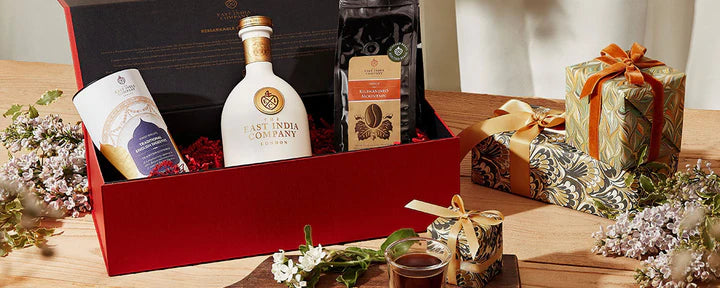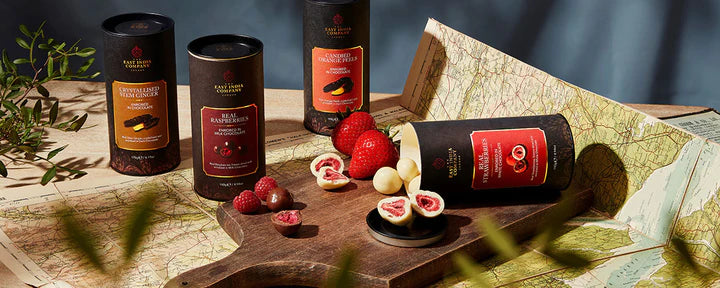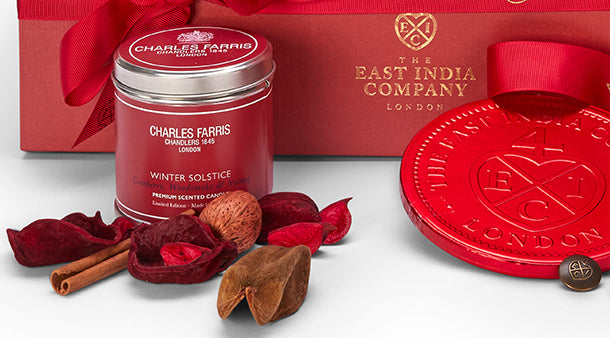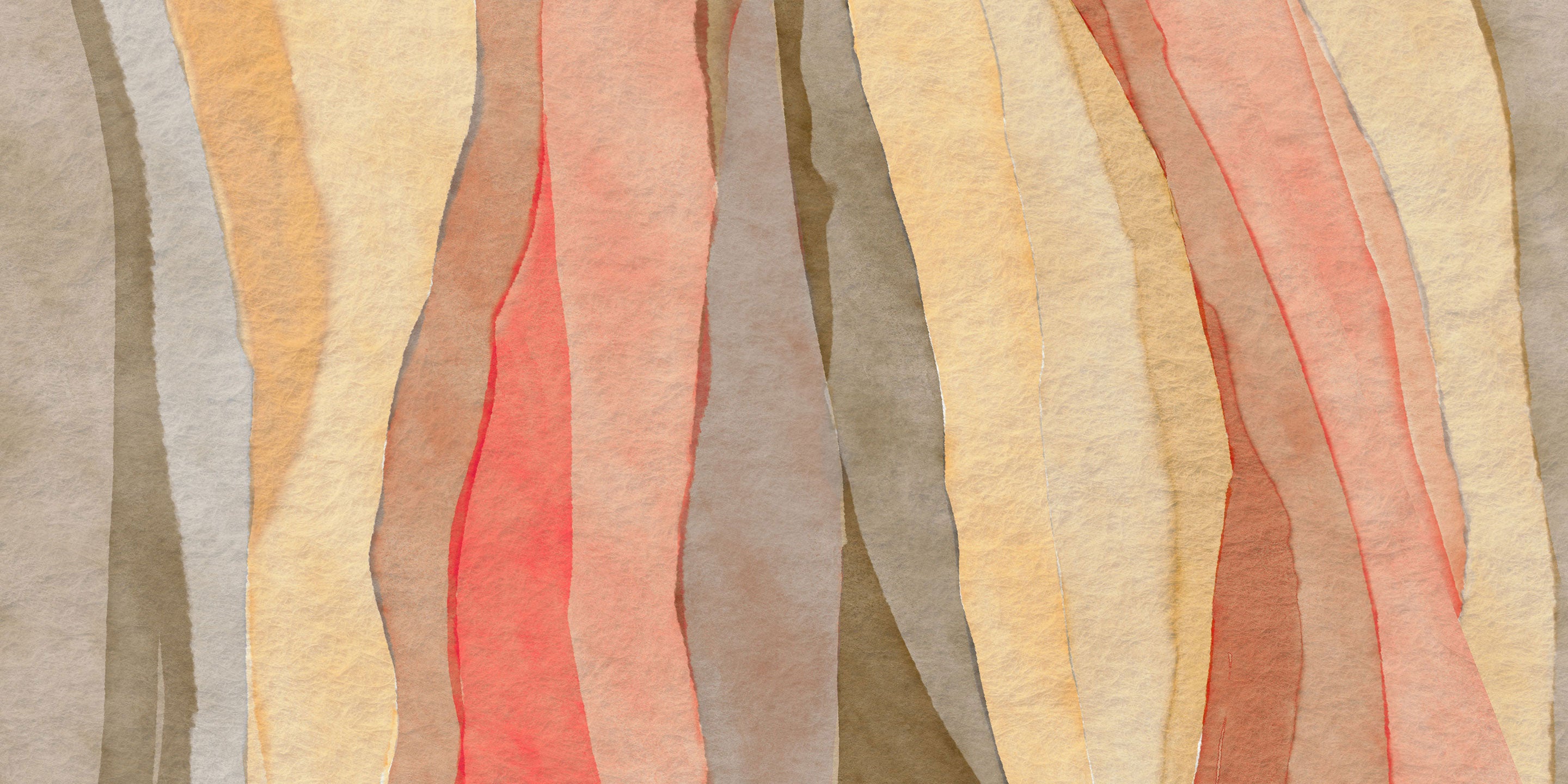Given that all tea comes from the same green leaf from the same small plant, it’s amazing how different tea can look in the cup. It’s a real colour chart, from almost clear to nearly black, via light green and rich burgundy. It’s a beautiful spectrum of colour.
Using quality glassware gives the tea drinker the opportunity to savour the emergence of the unique colour of your tea, as well as the flavour, creating a multi-sensory experience.
Why are the colours so different?
Largely, for the same reason as the very diverse flavour differences, it’s down to the processing.
Green teas are produced from tea leaves that are unoxidized [oxidation quickly turns a cut apple from white to brown - it’s the same process], so green colours are retained in cup, from quite light to very bright, like the most vivid green of Japanese Matcha tea, caused by the high level of the green pigment, chlorophyll.
With black teas, oxidation causes the breakdown of chlorophyll and the natural phenols and polyphenols known as tannins, which give brown colours when brewed.
More than that, as tea brews, the colour will deepen – it’s a key indicator for a tea professional of quality and consistency of the tea and of course to judge just the moment when to stop the brew … and to start drinking.




 Ceylon / Sri Lanka
Ceylon / Sri Lanka Assam, India
Assam, India Japan
Japan Taiwan
Taiwan Nepal
Nepal China
China Kenya
Kenya Egypt
Egypt South Africa
South Africa


